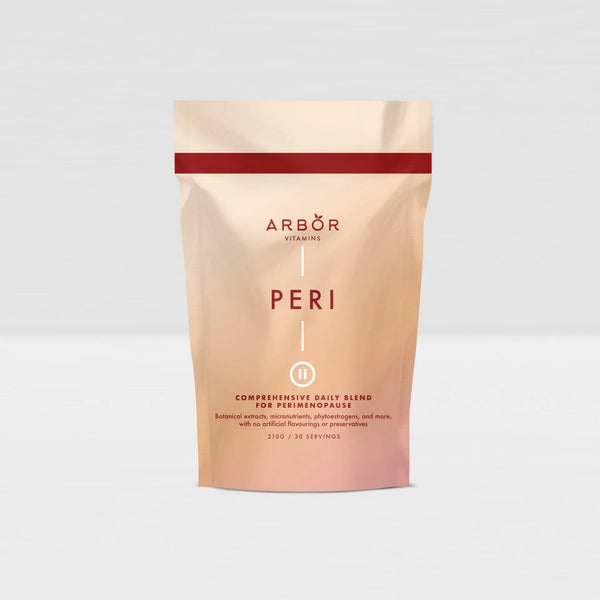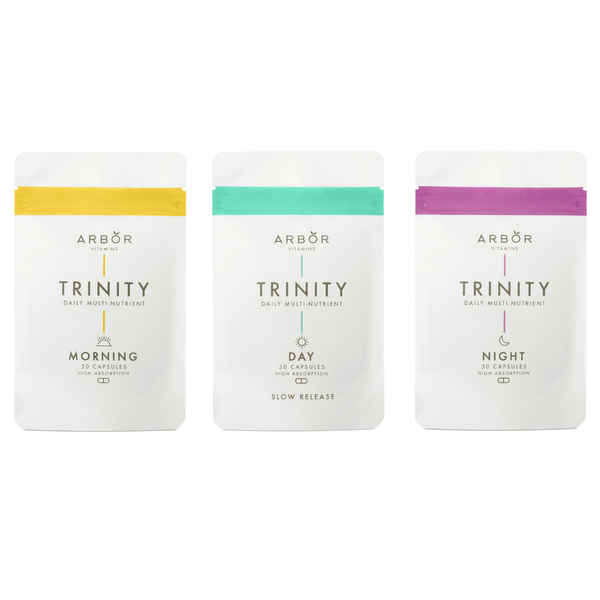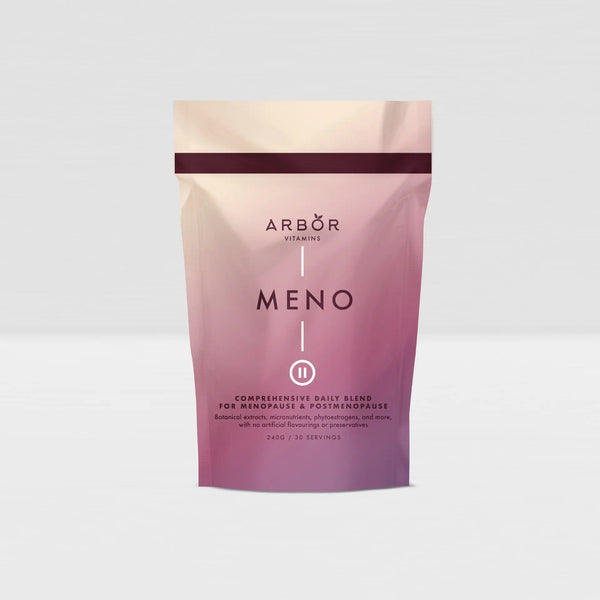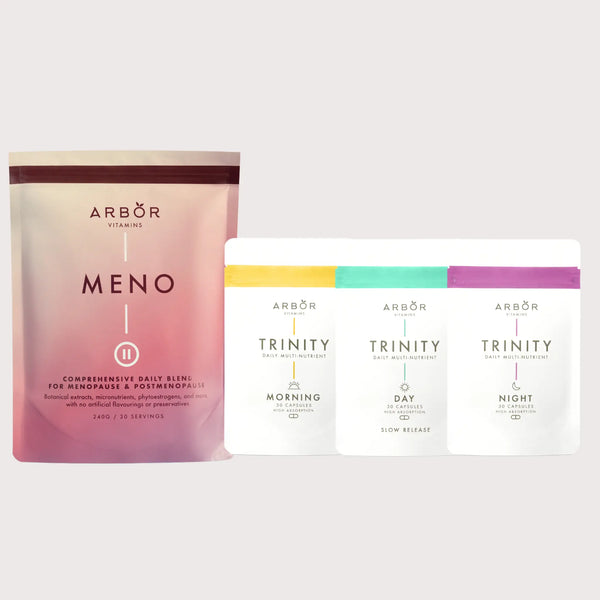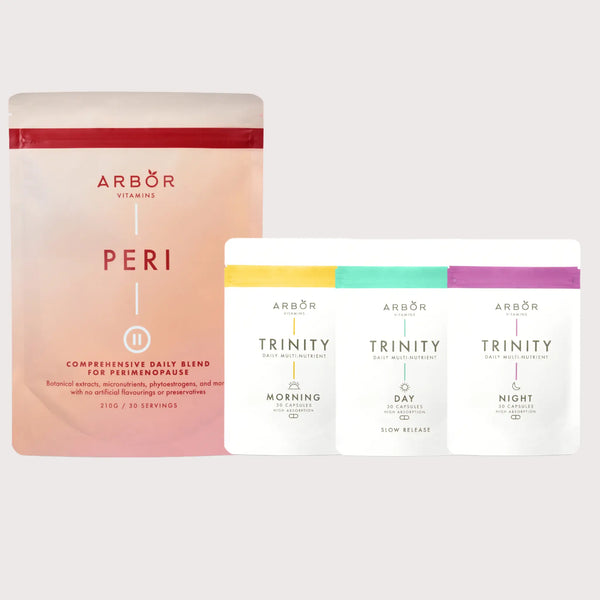10 deficiencies that ruin your skin!
10 deficiencies that ruin your skin: Achieving clear and radiant skin goes beyond topical treatments and skincare routines. Nutrition plays a vital role in maintaining healthy skin, as specific vitamins and minerals are essential for supporting skin functions and preventing common skin issues. We will explore the top 10 nutritional deficiencies that can lead to bad skin and explain the impact of each deficiency:
- Vitamin D Deficiency: The Sunshine Vitamin for Skin Health Vitamin D, often referred to as the "sunshine vitamin," is crucial for overall health and well-being. In the context of skin health, it plays a vital role in supporting the immune system and maintaining a strong skin barrier. Without adequate vitamin D, the skin may become more prone to dryness, acne, and other inflammatory conditions.

- Vitamin C Deficiency: The Antioxidant Superstar Vitamin C is a potent antioxidant that helps protect the skin from harmful free radicals and supports collagen synthesis, the protein responsible for skin elasticity and firmness. When there's a lack of vitamin C, the skin's ability to repair itself and maintain its youthful appearance diminishes, leading to dullness, fine lines, and slow wound healing.

- Vitamin E Deficiency: Shielding Your Skin from Damage Vitamin E is another powerful antioxidant that works alongside vitamin C to neutralise free radicals and protect the skin from oxidative stress. A deficiency in vitamin E can make the skin more susceptible to sun damage, premature aging, and dryness.

- Vitamin A Deficiency: Nourishing Your Skin Cells Vitamin A is essential for maintaining healthy skin cells and promoting their turnover. It helps prevent clogged pores and supports the renewal of the skin's outermost layer. Without enough vitamin A, the skin may become rough, dry, and prone to breakouts.

- Omega-3 Fatty Acids Deficiency: The Healthy Fats for Skin Suppleness Omega-3 fatty acids are healthy fats that play a crucial role in maintaining the skin's barrier function, keeping it hydrated and supple. A deficiency in omega-3 fatty acids can lead to dry, inflamed skin, and exacerbate conditions like eczema and psoriasis.

- Zinc Deficiency: The Wound Healer and Acne Fighter Zinc is essential for wound healing and helps regulate oil production in the skin. A deficiency in zinc can slow down the healing of acne lesions and contribute to the development of acne-prone skin.

- Iron Deficiency: The Oxygenator of Your Skin Iron is necessary for transporting oxygen to the skin cells, promoting a healthy complexion. Without enough iron, the skin may appear pale and lacklustre, and dark circles under the eyes may become more prominent.

- Biotin Deficiency: Nurturing Healthy Skin, Hair, and Nails Biotin, also known as vitamin B7, is essential for maintaining healthy skin, hair, and nails. A deficiency in biotin can lead to dry, irritated skin and brittle hair and nails.
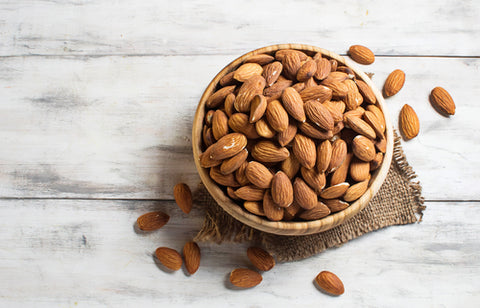
- Selenium Deficiency: The Skin's Defence Against Sun Damage Selenium is an antioxidant that works alongside vitamins C and E to protect the skin from UV-induced damage. A deficiency in selenium may increase the risk of sunburn and contribute to premature aging.
- Essential Fatty Acid Deficiency: Keeping Your Skin Nourished Essential fatty acids, like omega-6, play a crucial role in maintaining the skin's moisture balance and preventing dryness and irritation. A deficiency in these essential fats can lead to rough, scaly skin.
A well-balanced diet rich in essential nutrients is fundamental for maintaining healthy skin. Vitamin D, vitamin C, vitamin E, vitamin A, omega-3 fatty acids, zinc, iron, biotin, selenium, and essential fatty acids all contribute to the skin's overall health and appearance. Hydration is also absolutely key for healthy skin so make sure you are drinking plenty of water. By ensuring you meet your nutritional needs, you can enhance your skin's resilience, fight off common skin issues, and achieve a radiant and youthful complexion. Remember, nourishing your skin from within is just as important as the products you apply externally.


